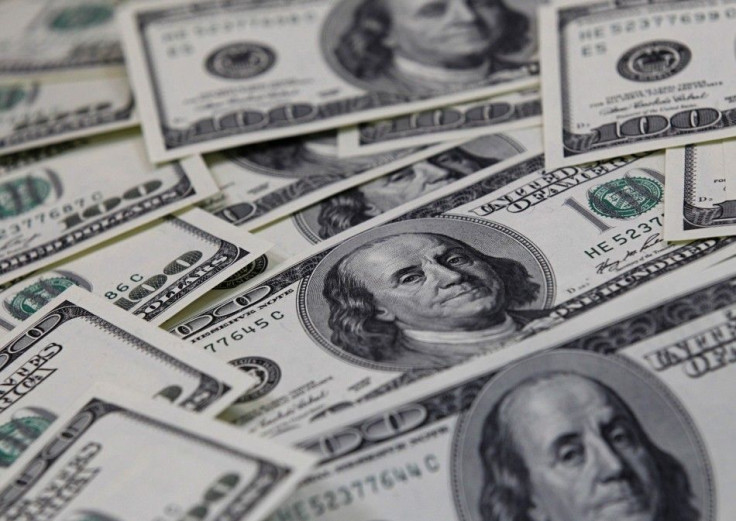Exploding Executive Pay Driving Income Inequality

Company executives reaping increasingly larger salaries has been a central factor in the expanding gulf between rich and poor, a Washington Post analysis found.
Economic data has for years demonstrated a disparity in U.S. wealth, with the top 1 percent of earners taking home 20 percent of the nation's earnings in 2008. A report examined by the Post revealed that it is executives and managers at firms from financial institutions to dairy distributors who are enjoying the majority of these gains. Contrary to common belief, media and sports figures make up a minority of the country's top earners, registering at only 3 percent.
Executive compensation at large companies stayed mostly static in the 50s and 60s before beginning to steeply rise in the 1970s, the Post notes. This bolstered a trend that has the U.S. listed among underdeveloped nations in income inequality, according to a metric employed by the Central Intelligence Agency.
In a post on the article, the Post's Ezra Klein posited that the chief factor driving skyrocketing executive salaries is the desire to be competitive with colleagues and competitors.
Study after study shows that people would prefer a medium-sized house in a neighborhood of small houses to a big house in a neighborhood of much bigger houses, Klein wrote. People sometimes ask what CEOs need with all this money. The answer is they don't need it. But they need to not be making less money than other CEOs. If they are making less, then what does that say about them?
© Copyright IBTimes 2025. All rights reserved.





















